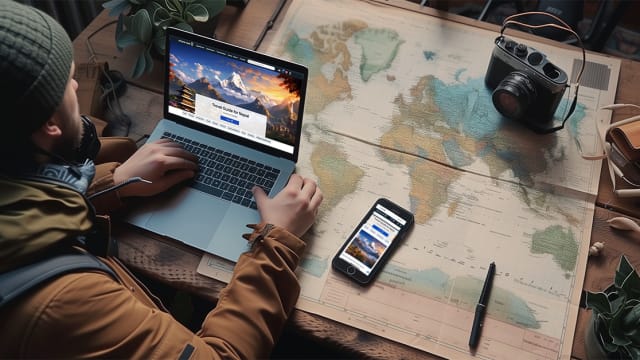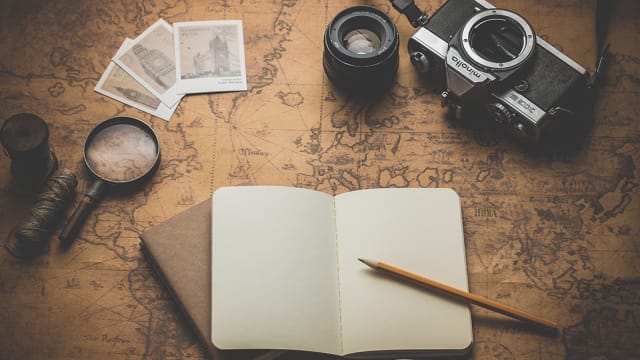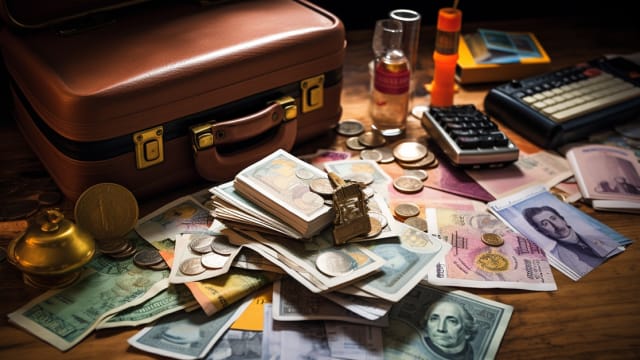 news
newsWhereNext AI Travel Planner: Creating...
Take a peaceful stroll around the Buada Lagoon, a freshwater lake located in the heart of Nauru. Enjoy the tranquility of the surrounding nature and spot various bird species that inhabit the area.
Spend a day at Anibare Bay, a picturesque white sandy beach on the east coast of Nauru. Take a refreshing swim in the crystal-clear waters and relax on the pristine shores.
Embark on a challenging hike to Command Ridge and witness panoramic views of Nauru's coastline. Learn about the island's history and the role Command Ridge played during World War II.
Discover the hidden Moqua Caves, a network of limestone caves located in Nauru's interior. Marvel at the unique rock formations and learn about the cultural significance of the caves to the local people.
Immerse yourself in Nauru's rich history and culture at the Nauru Museum. Explore exhibits showcasing archaeological artifacts, traditional crafts, and the island's colonial past.
Experience the local fishing culture at Denigomodu, a village known for its abundant marine life. Join the friendly fishermen and try your hand at catching fresh seafood.
Unwind at Anetan Beach, a serene coastal spot with calm waters and soft golden sand. Enjoy a picnic by the shore or simply bask in the sun.
Marvel at the impressive Buada Limestone Cliffs, towering limestone formations located in the Buada District of Nauru. Take in the breathtaking views and explore the unique geological features.
Venture into the Meneng Conservation Area, a protected wildlife sanctuary in Nauru. Spot native bird species, including the endemic Nauru Reed Warbler, and learn about the island's conservation efforts.
Take a guided tour of the Nauru Parliament House, a prominent landmark in Yaren District. Learn about Nauru's political system and admire the architectural design of the building.
 news
newsWhereNext AI Travel Planner: Creating...
 people
peopleUltimate Guide to Gap Year Travel: Tips,...
 news
newsGuide to the Best Online Groups for...
 news
newsTips & Hacks for Accommodation Booking
 news
newsTravel Tips: A Guide to Insurance,...
 news
newsMoney: Making Cents of Your Travels
 news
newsTop 10 Technology Tips for Smart...
 news
newsHow to Master Visa Requirements for...
 news
newsHow to Find the Best Flight Deals: Pro...
Nauru has a tropical climate with high temperatures and high humidity throughout the year. Average temperatures range from around 80°F (27°C) to 90°F (32°C), with little seasonal variation. The rainy season runs from November to February, with the rest of the year being relatively dry.
The best time to visit Nauru depends on your interests and tolerance for heat and humidity. If you're looking to enjoy Nauru's beaches and outdoor activities, the dry season from June to October is the best time to visit, with lower humidity and fewer rain showers. If you're more interested in exploring Nauru's cultural events and festivals, consider visiting during the rainy season, when the island comes alive with cultural activities.
Nauru is a small island nation, and its accommodation options are limited but adequate for visitors. Here are some of the most popular options:
Nauru has a few hotels, including the Menen Hotel and the Capelle & Partner Guesthouse, which offer comfortable rooms and basic amenities.
Guesthouses are a popular choice for budget travelers and offer simple, clean, and affordable accommodation.
Visitors can also arrange to stay with a local family, giving them a unique insight into Nauruan culture and a chance to experience daily life on the island.
Camping is permitted in some areas of Nauru, giving visitors the opportunity to experience the island's natural beauty up close.
Overall, the accommodation options in Nauru are limited, but visitors can find a place to stay that suits their budget and needs.
Nauru is a small island nation, and its transportation options are limited. Here are the most common ways to get around:
Renting a car is the most convenient way to get around Nauru, and visitors can find rental agencies at the airport or in the capital city of Yaren.
Taxis are readily available in Yaren and offer a convenient way to get around the city and to and from the airport.
There is a limited bus service in Nauru, with a few routes operating between Yaren and other parts of the island.
Bicycles can also be rented in Yaren, allowing visitors to explore the island at their own pace.